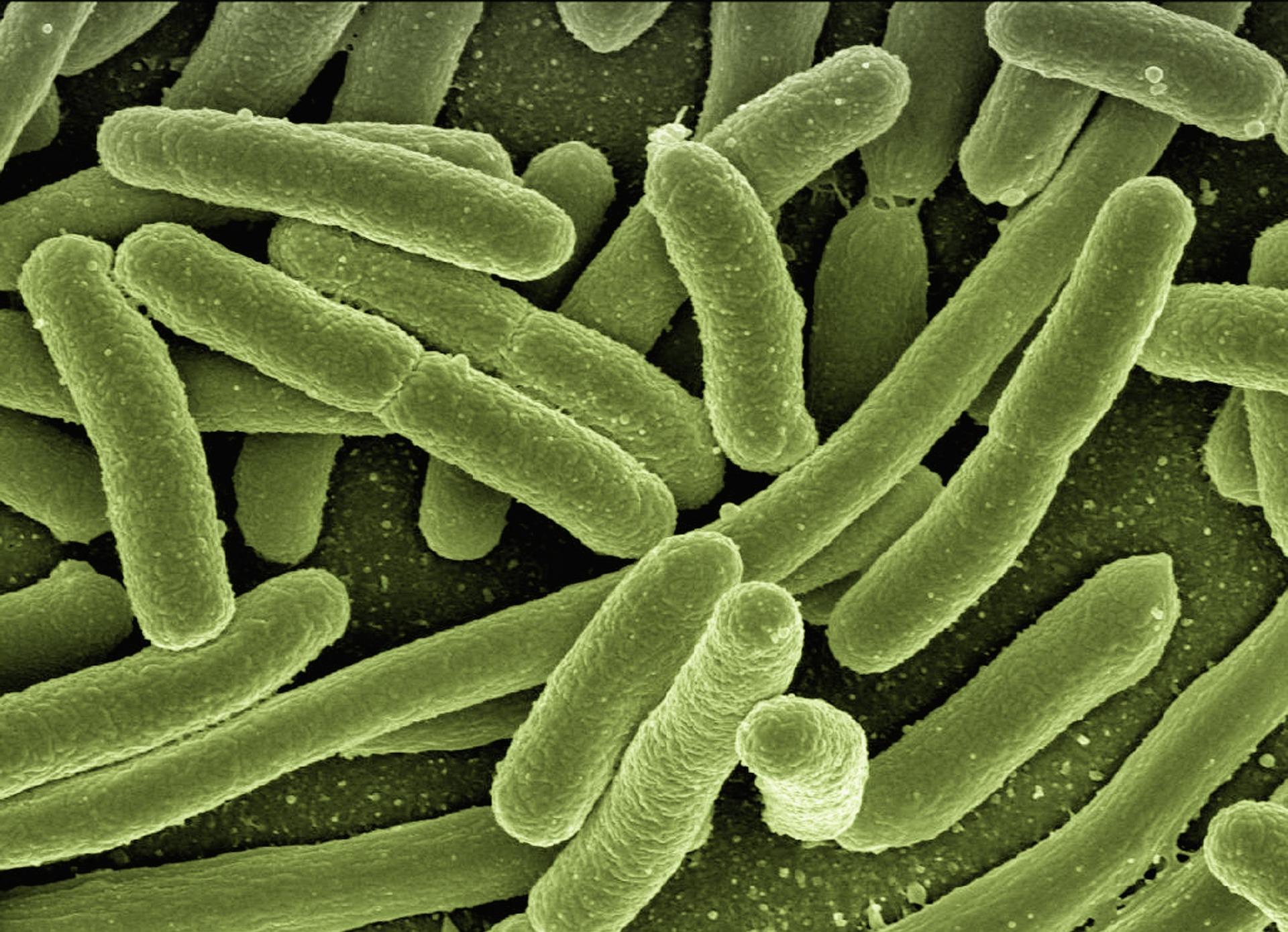Advancing the technological readiness level of a biologically-contained vaccine against SARS CoV-2

More than 380 vaccine candidates were under development during the Covid-19 pandemic. These candidates use inactivated or attenuated viruses, viral vectors, viral proteins, or viral nucleic acids. On contrast, our strategy uses the safe probiotic bacterium Bacillus subtilis as a vaccine vector for stimulation of the immune system.
Background
Based on a technology recently published by our group, we designed an innovative vaccine with live recombinant spores of B. subtilis. After oral administration, the spores bypass the stomach barrier and reach the intestine, germinating and developing into functional biofilms that express SARS-CoV-2 antigens. We had previously shown the success of this technology in the vaccination of animal models, eliciting both humoral and cellular immune responses against the fluorescent protein mCherry, and to paramyosin and tropomyosin from Echinococcus granulosus.
Aim
The aim was to develop an oral vaccine based on recombinant B. subtilis displaying specific SARS-CoV-2 antigens and to investigate the SARS-CoV-2 antigen-specific immune responses induced in a mouse model after vaccination. The SARS-CoV-2 antigens are expressed as fusion proteins to the abundant biofilm matrix protein TasA. This vaccination platform can be easily adapted to deliver emerging antigens such as those in new variants of SARS-CoV-2 or with antigens from other pathogens.
Results
We successfully designed a B. subtilis strain that shows a strict dependence on the molecule theophylline for survival. Since theophylline is not naturally present in the environment, it warrants the biological containment of the strain. Using this as genetic background, we were able to express selected antigens of SARS-CoV-2 as chimeric proteins to TasA, a crucial protein for biofilm formation in B. subtilis. We demonstrated that the fusion proteins were correctly expressed and that they do not interfere with the overall physiology of B. subtilis, including biofilm formation or sporulation. Importantly, these vaccine strains do not carry genes conferring antibiotic resistance. A remarkable characteristic of B. subtilis is the ability to produce spores. The spores are extremely resistant to environmental conditions and can be administered via the oral route. We tested these newly generated vaccine candidates in a mouse model, administering the vaccine as a spore preparation via the oral route. First, we thoroughly investigated the optimal in-vivo experimental conditions necessary for the vaccine candidates to thrive in the mouse model, including its safety. After these steps were completed, we tested the candidates expressing SARS-CoV-2 epitopes for their ability to elicit an immune response in the mouse model. Our results show that the vaccine candidates were safe and did not show negative effects on the wellbeing of the animals. The vaccine candidates were able to stimulate the immune system and were able to induce both humoral and cellular immune responses against SARS-CoV-2.
Specific contribution to tackle the current pandemic
We have successfully designed a safe, effective oral vaccine candidate against SARS-CoV-2, the causative agent of the Covid-19 pandemic. After oral administration, the vaccine stimulates the immune system and elicits both humoral and cellular responses against the virus. The vaccine candidate can be easily adapted to accommodate different antigens, like emerging virus variants of SARS-CoV-2. Since it is based on spores of B. subtilis, it can be administered in combination with different spore preparations targeting several antigens of the virus in one single dose.
NRP 78 research project
